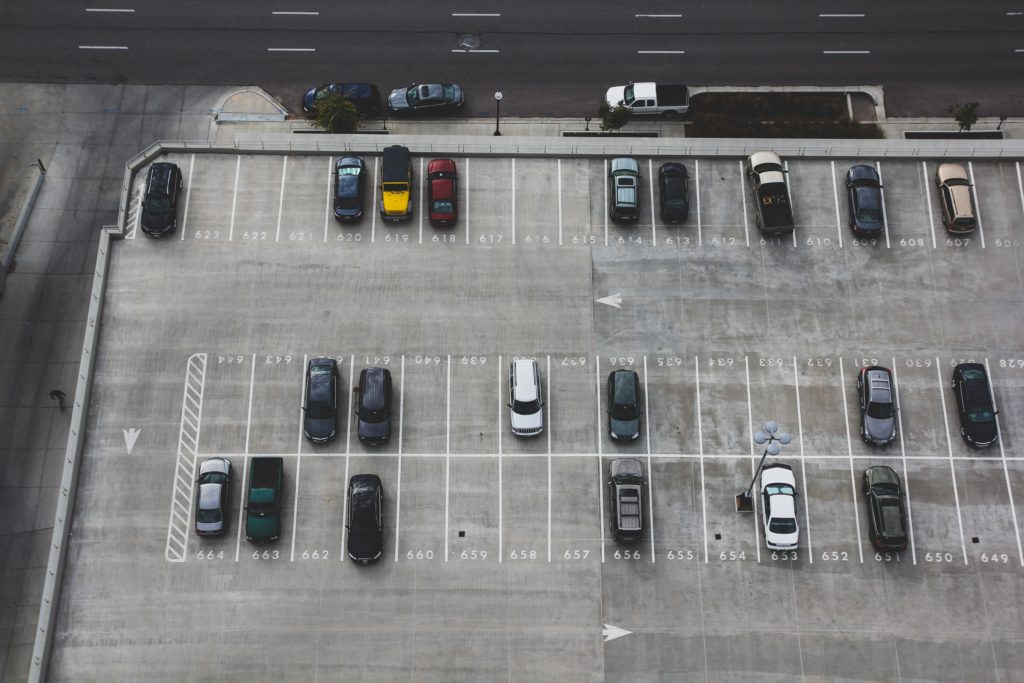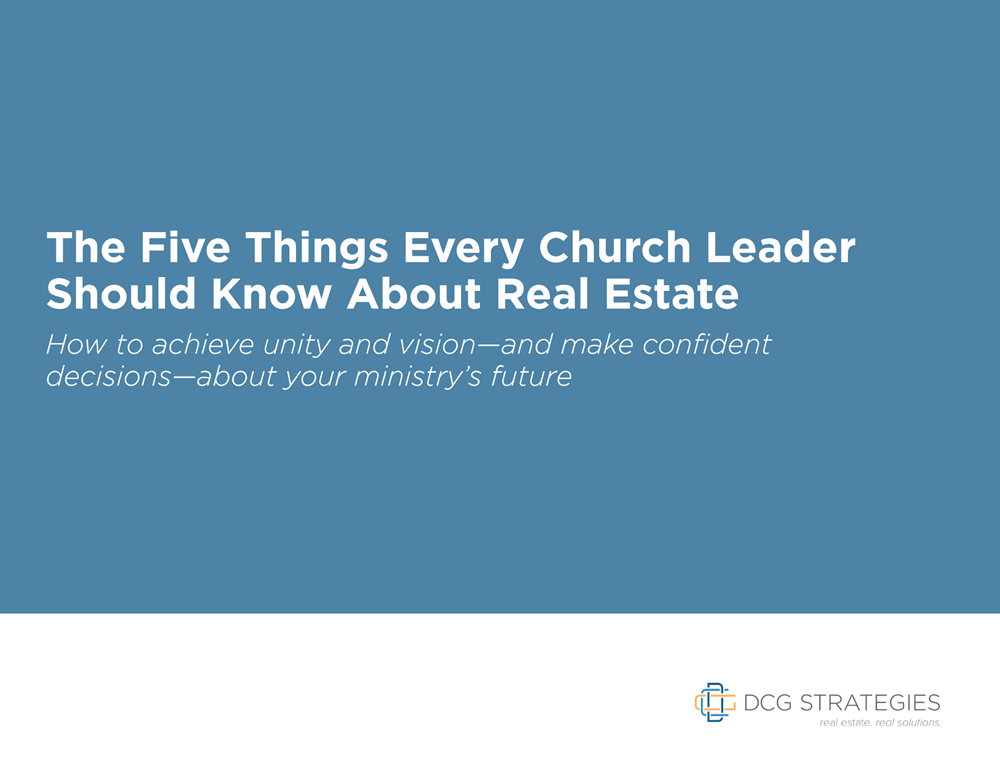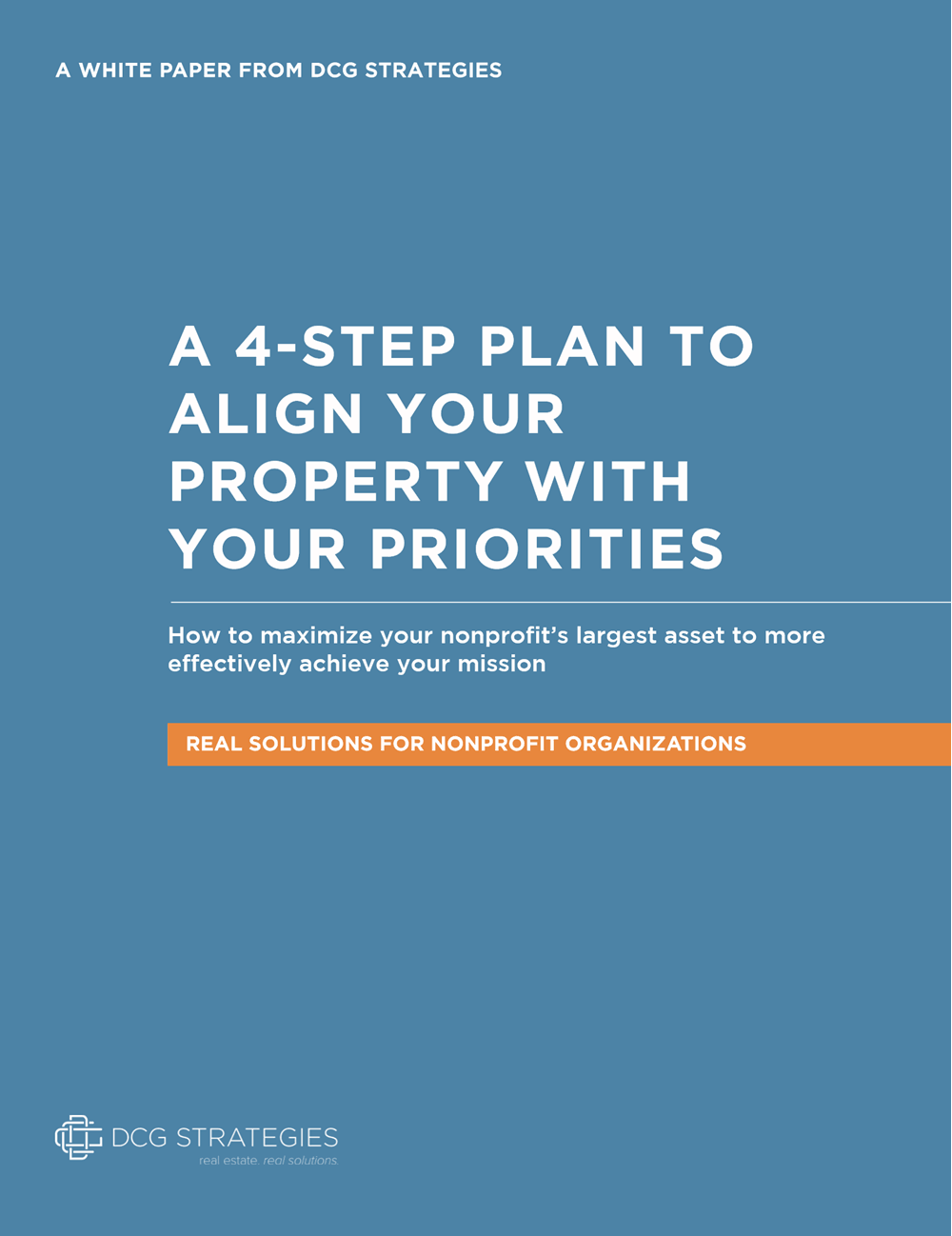One of the latest reforms for affordable housing in California might seem odd. However, it could allow thousands of new affordable housing units to be built statewide. Assembly Bill 1851 would allow churches to circumvent normal parking requirements and free up unused areas to address the need for more affordable housing in California. Church leaders and housing advocates praise the bill for removing a major obstacle in the quest to quell the housing crisis. So how did this creative piece of legislation come to be, and what does it mean for your own church parking lots?

San Diego
The idea for Assembly Bill 1851 started in San Diego, where a similar measure was passed unanimously last year after a local tax collector made the case for over a thousand underused areas zoned for religious use. A group called UPLIFT San Diego led the effort to free up this space. Churches, like other buildings, are subject to strict minimum parking regulations that vary according to building capacity. But because most operations are concentrated on the weekends, these church parking lots often sit empty for days at a time. UPLIFT leader Tom Theisen pointed out that if just ten percent of the more than 1,100 churches in San Diego County were to build 20-30 new housing units on their underutilized church parking lots, “we’re talking thousands of units of housing.”
YIGBY
Assembly member Buffy Wicks of Oakland introduced the statewide bill early this year. She and other proponents of the bill, spurred by UPLIFT San Diego’s advocacy, use the acronym YIGBY (“yes in God’s backyard”) to garner support and rally the religious community to lead the fight for affordable housing in California. Wicks recognized that many churches have long wanted to build affordable housing units on their property. AB-1851 would remove one of the major obstacles to that goal by eliminating the minimum parking requirements for religiously affiliated affordable housing units.

How To Help
To find out more about whether your church can help create more affordable housing in California, contact DCG Strategies. We can help you through the process of examining and balancing your congregation’s needs with those of the surrounding community.






